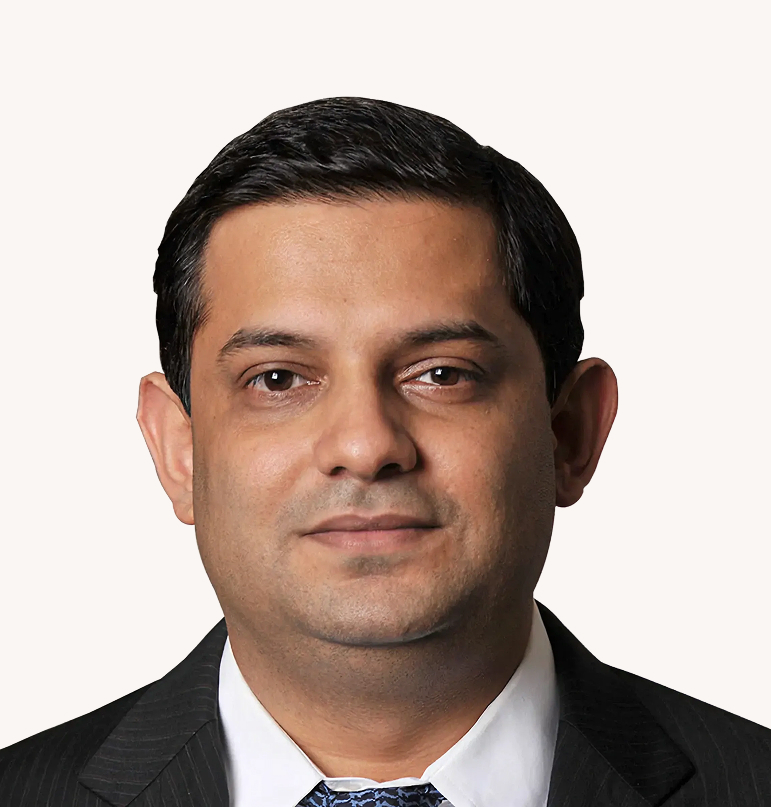- Volatility is expected to continue through the year irrespective of the Ukraine scenario, said InCred Wealth’s CEO
InCred Wealth’s chief executive officer (CEO) Nitin Rao expects the stock market volatility to continue through the year, irrespective of the Ukraine scenario, he said in an interaction with Livemint.
If the Ukraine conflict prolongs, even if at a lower scale, what could be the impact on Indian equity markets?
On the Ukraine conflict, there are clear indications that it will prolong and it will take time for economies to rebalance. So being light on equities is clearly a path in the near term to take advantage of sudden attractive falls to invest.
In the short term, we are expecting upward pressure on commodity prices which could have an impact on India since it feeds into inflation. This in turn will lead to general risk-on/risk-off sentiment that could lead to market gyrations as FII flows into equities could remain weak/volatile.
So another 10%-12% fall on events from current levels cannot be ruled out, which would make it attractive to enter the market for a return expectation of 15% per annum over the next 2 years.
How long do you see the volatility to continue?
For the markets to stabilise, the geo-political situation has to normalise. A favourable result for the ruling party in the current round of elections could also buoy market sentiment. Beyond that measures like economic recovery, inflation control as also commodity prices will determine the future path of markets. That said, volatility is expected to continue through the year irrespective of the Ukraine scenario.
Commodity prices are surging as the Ukraine crisis stretches. What risk-reward an investor should keep in mind if taking an exposure to commodities/commodity stocks at current levels?
For decades, commodities-trading industry has relied on short term financing from International Banks. Any disruption to the flow of money (due to sanctions being imposed by European banks on commodity trade finance) could be felt on the cargoes of energy, metals and agri-commodities around the world. This could have additional upward pressure on commodity prices that are already elevated to record levels. However considering that prices are already at peak levels, taking exposure does not make sense as the levels would revert to their mean once events play out.
Should investors look at adding US stocks in portfolio?
We have always believed in having global diversification in investor portfolios. The aim is to precisely provide resilience to the portfolio in times like these. With stocks having corrected across the board, more so with the Tech stocks, it makes immense sense to start nibbling into these stocks either directly or via Fund of Funds. Rather than restricting to US stocks alone, investors could also consider looking at a true global allocation across equity / fixed income and alternative assets as well.
What kind of equity mutual funds do you suggest for investors with a lower appetite for risk?
Some of the balanced advantage schemes or equity savings schemes can be looked at if investor has a 12-18 m horizon atleast. Arbitrage funds can also be looked at for parking liquidity till the dust settles.
Should an investor rebalance asset allocation to take advantage of the market correction?
As a practise for disciplined investing asset allocation rebalancing should be done regularly. I don’t think “events” should be triggers to either panic or rebalance because you never know when the event will end. Following your long-term equity strategies should be the ideal way. If there is a debt surplus in the asset allocation and one is lucky to get a sharp fall of 10%+ in equities then tactical rebalancing is recommended with a short term outlook.













